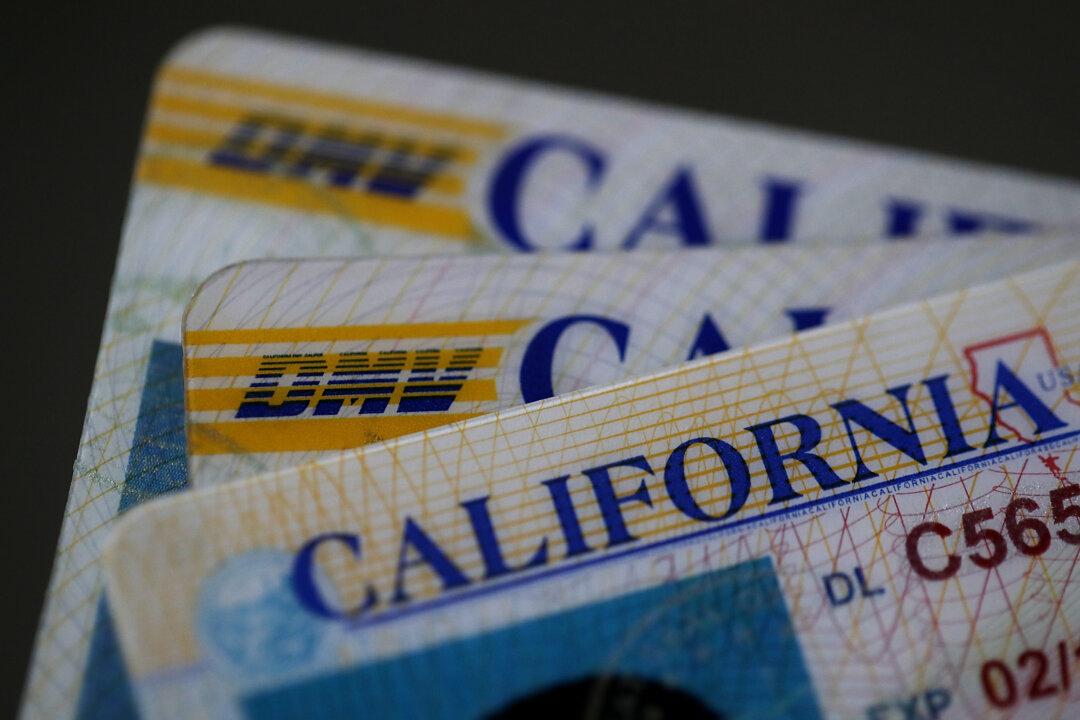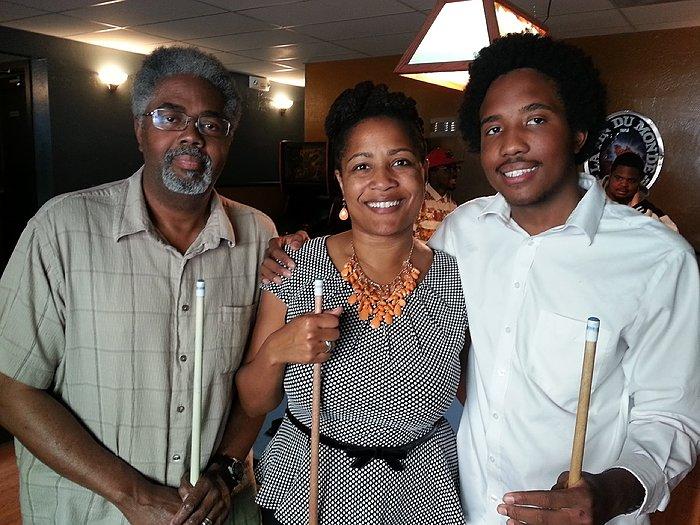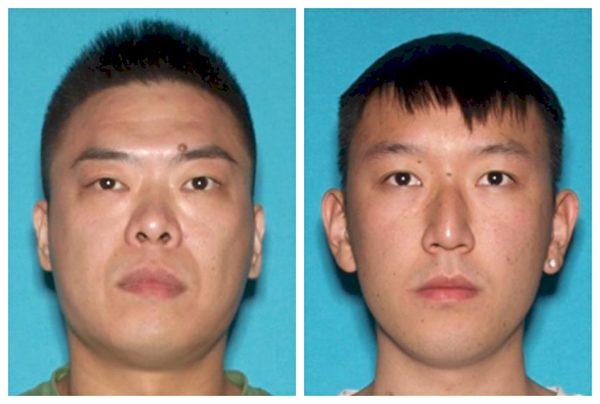Businesses making profits from booking appointments at California Department of Motor Vehicle (DMV) might soon face a fine of up to thousands of dollars under a new bill proposed on Jan. 31.
AB 317, which was authored by newly-elected Assemblymember Tyler Diep (R-Westminster), prohibits any person, firm, corporation, or association to sell or offer for sale an appointment with the DMV. The penalty is a misdemeanor with a fine of up to $2,500.




